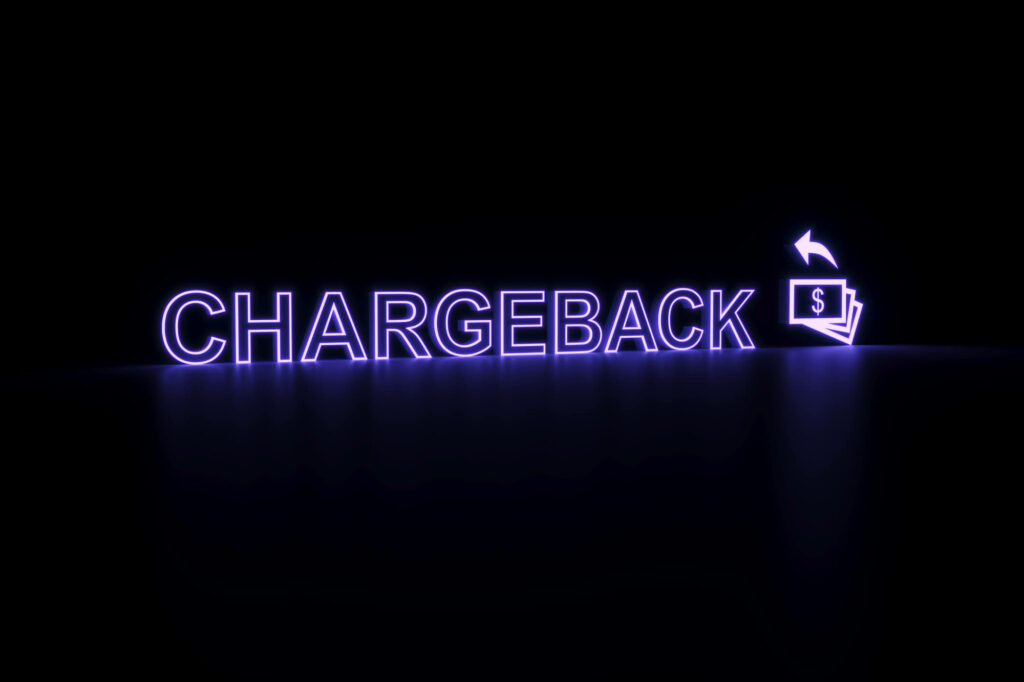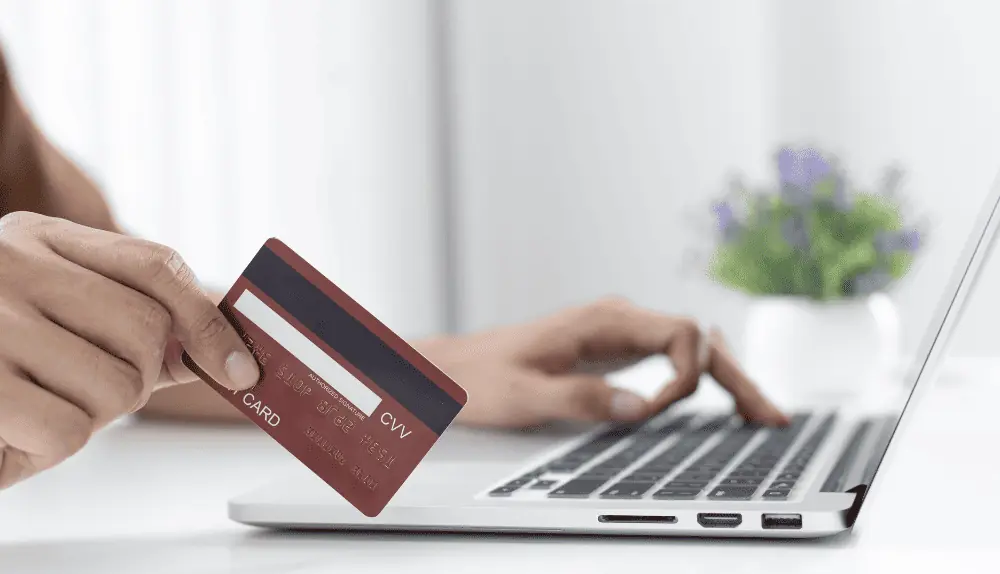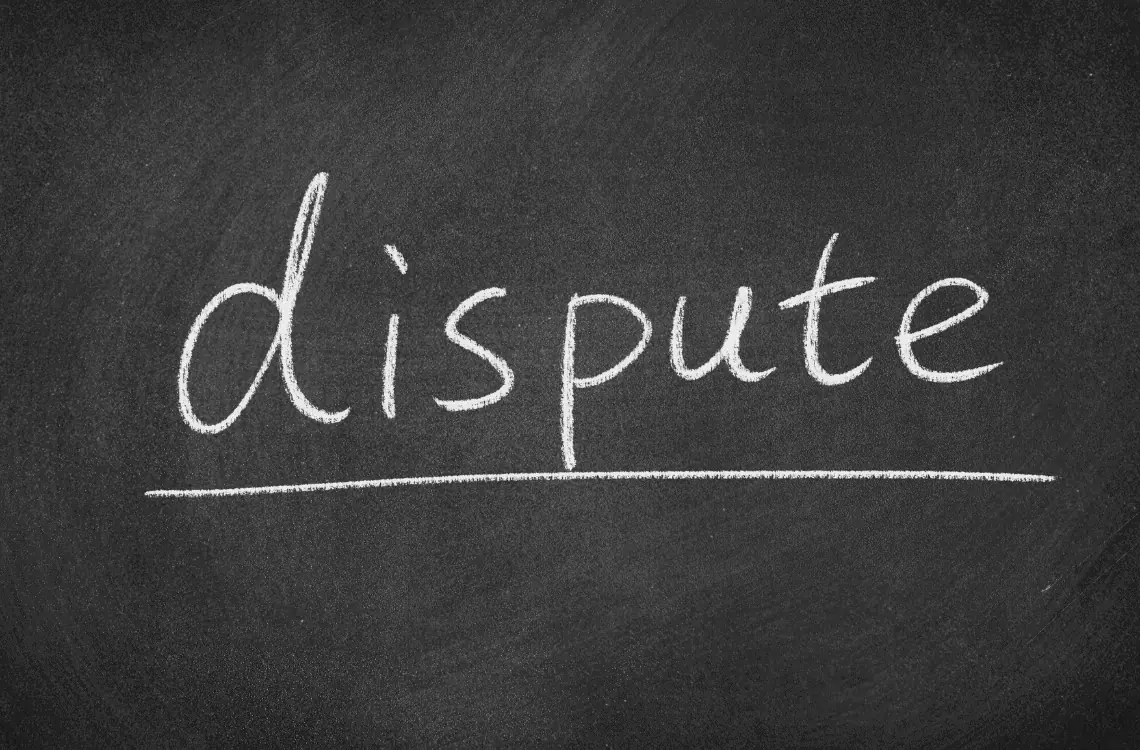Every year, millions of dollars are lost due to credit card fraud and billing errors. If you discover a fraudulent or incorrect charge on your Discover card, filing a dispute is the first step toward getting your money back.
This article provides a guide to navigating Discover disputes and chargebacks. We will cover what a dispute and chargeback are, common reasons cardholders file disputes, how to file a dispute with Discover, relevant time limits, and resolution options. Following these guidelines can help you correct charges that should not have been made to your Discover account and preserve your right to dispute fraudulent transactions. Understanding the dispute and chargeback process for Discover cards can give you peace of mind and protect your funds. Let’s get started with a brief overview of what we’ll cover.
We will discuss the difference between a Discover dispute and a chargeback. Then, we’ll cover the most common reasons people dispute charges, including fraud, defective merchandise, and billing errors. Next, I’ll walk you through how to properly file a dispute with Discover, both online and by mail or phone. Finally, we’ll cover relevant time limits, resolution options, and steps you should take immediately upon discovering an incorrect charge.
Guide to Discover Disputes and Discover Card Chargebacks

What is a credit card dispute?
Disputing a charge on your credit card account is an important tool for correcting billing errors and fraudulent charges. When you file a dispute with Discover, you’re asserting that a charge on your statement was made in error and requesting an investigation.
Some common reasons people dispute charges include:
• Unauthorized use – If someone used your Discover card without your permission.
• Fraud – If your card info was compromised and used fraudulently without your knowledge or approval.
• Defective or unsatisfactory merchandise – If an item you purchased was broken, damaged, or did not match the description.
• Non-receipt of merchandise – If you were charged for an item but never received it.
• Billing errors – Like duplicate charges, calculated amounts that are incorrect, or charges for items you returned.
By disputing a charge, you trigger an investigation by Discover’s dispute resolution team who will examine purchase details and contact the merchant involved. Disputes don’t guarantee a successful outcome but starting the process is the first step to getting your money back if the charge was made in error. Filing in a timely manner, within 60-120 days for most disputed reasons, improves your chances for a successful chargeback where funds are credited to your account.
What is a Discover chargeback?
A Discover chargeback is the reversal of a disputed charge on your Discover credit card account. After investigating a credit card dispute that you file, Discover may determine that the charge was made in error and issue a chargeback to the merchant. This means the funds for that transaction will be credited back to your Discover account.
Discover will typically grant a chargeback for the following reasons:
• Fraud – If the disputed charge was due to unauthorized or fraudulent use of your card
• Billing errors – Like incorrect amounts charged, duplicate charges, or charges for items you did not actually receive
• Defective merchandise – If the item you bought was damaged, defective, or did not match the description.
• Failure to provide services – For services paid for but not received or that were unsatisfactory.
After reviewing the details of your dispute, along with any information provided by the merchant, Discover will decide whether or not to issue a chargeback and refund the transaction amount on your statement. If so, your account balance will be adjusted and the merchant’s funds will be debited for the charge. The merchant will then have the opportunity to challenge the chargeback.
Reasons for Discover disputes
There are several common reasons why cardholders file disputes and request chargebacks from Discover. Understanding the most typical reasons can help you decide if disputing a charge is the right course of action.
A. Unauthorized charges
The most common type of disputed charge is one that you do not recognize and did not authorize. This can be due to theft or fraud where someone gained access to your card number without permission. If you receive a statement with charges that you did not make or consent to, you should dispute them immediately.
B. Fraudulent charges
Your credit card information may have been compromised through a data breach and used illegally without your knowledge. If you see charges on your statement from companies you’ve never heard of, it could indicate fraud. Disputed these suspicious charges right away.
C. Defective merchandise
If you received an item that was broken, damaged, or didn’t function properly, you may have grounds to dispute the charge. Give the merchant a chance to fix, replace or refund the purchase. If they can’t resolve it, disputing is the next step.
D.Non-receipt of merchandise
Dispute any charges for items you ordered but never received. Contact and give the merchant time to resolve the issue or resend the order. If they fail to deliver the paid-for goods, you can dispute the charge.
E. Merchant failure to provide service
If you paid a merchant for a service that was never fully rendered, unsatisfactory, or incorrect, you can dispute the charge. This includes situations like canceled appointments, incomplete repairs, or work not done to your satisfaction.
How to file a Discover dispute?

If you believe a charge on your Discover card statement is unauthorized, fraudulent, or incorrect, the first step is to contact Discover immediately to file a dispute. The sooner you report the issue, the higher the likelihood of a successful chargeback. Follow these guidelines to properly file your dispute:
Contact Discover – Call the customer service number on the back of your card or log in to your account on Discover’s website.
Provide your card number – Have your Discover card handy and give your full card number to the representative.
Describe the charge in dispute – Explain why you’re disputing the charge and provide details like the date, amount, and merchant name.
Specify the dispute reason – Identify whether it’s a fraud, non-receipt of goods/services, defective merchandise, billing error, etc. This helps Discover’s team process your claim accurately.
Supply relevant details – Give any additional information to support your dispute like emails, order confirmations, photos, or documentation of conversations with the merchant.
Once you file your dispute, Discover will notify the merchant and investigate by requesting info and documentation from both parties. You may be contacted for more details during the process.
You can file a dispute:
• Online – Log in to your account at Discover.com and select “Dispute a Purchase.” Follow the prompts to describe the issue and upload any supporting documents.
• By phone – Call the customer service number listed on your statement or the back of your card and speak to a representative.
• By mail – Fill out a Dispute Form (available online) and submit it with relevant documents via postal mail to Discover’s dispute department.
The most important thing is to file your dispute as soon as possible – ideally within the first 60-120 days of a charge appearing on your statement. The longer you wait, the more difficult it may be to prove your case and receive a chargeback.
With any luck, Discover will side in your favor after reviewing the dispute. But even if they deny your claim initially, it’s still worth filing to start a record in case you need to appeal.
Time limits for filing disputes

The time limit for disputing a charge on your Discover card depends on the reason for the dispute. In general, the sooner you report an incorrect or fraudulent charge, the better chance you have of a successful outcome. Here are the typical time limits for different dispute reasons:
•Unauthorized/fraudulent charges: These should typically be disputed within 60-120 days from the transaction posting date on your statement. After 120 days, Discover may not consider the charge unauthorized since you waited so long to report it.
•Defective merchandise or non-receipt of goods/services: You generally have 90-120 days from the transaction posting date to dispute these types of charges. After 4 months, Discover may assume you received or accepted the item/service as described.
If you notice an incorrect or fraudulent charge but fail to dispute it within the recommended time frames above, Discover may deny your claim. While they will still review the dispute, waiting several months makes it harder to prove the charge should be reversed.
The main thing is to check your statements frequently, ideally within 30 days, and report any unauthorized or incorrect charges to Discover immediately. The sooner you act, the stronger your dispute and the bigger your chance of a successful chargeback.
Discover dispute resolution options
Once Discover has investigated your dispute, they will decide if the charge qualifies for a chargeback based on their findings. If so, they have several options for resolving the dispute in your favor:
• Credit to your account – This is the most common resolution. Discover will simply credit your account for the full amount that was disputed. This effectively cancels out the charge and lowers your balance.
• Refund check – In some cases, Discover may mail you a refund check for the disputed amount. This is less common but ensures you directly receive the funds back.
• Merchant credit – The merchant may be allowed to issue credit directly to your Discover account to resolve the dispute. This can be faster than waiting for a decision from Discover.
• Replacement or repair of merchandise – If you dispute a charge for defective goods, Discover may require the merchant to fix, replace or refund the purchase as a condition of losing the chargeback. This ensures you ultimately receive what you paid for.
• Cancellation of unpaid balance – For a disputed charge you have not yet paid on your statement, Discover may simply remove it so you do not owe that amount when paying your bill.
The specific resolution will be decided on a case-by-case basis depending on the nature of your dispute and what outcome is deemed the best solution. But in any situation, the goal is to restore the funds to your account that were incorrectly charged.
Conclusion
In summary, filing a dispute with Discover is an essential tool for correcting fraudulent or erroneous charges on your account and getting your money back. By understanding the dispute and chargeback process—including how to file a dispute, relevant time limits, and potential resolution options—you can better protect your funds and resolve issues with incorrect Discover charges.
Following the guidelines covered in this article and acting quickly upon discovering an unauthorized or incorrect transaction will maximize your chances for a successful chargeback. With diligence and the proper documentation, you can help ensure Discover rules in your favor and refund any charges that should not have been made to your account. Taking these proactive steps now can help you avoid unwanted financial surprises and stress in the future.

